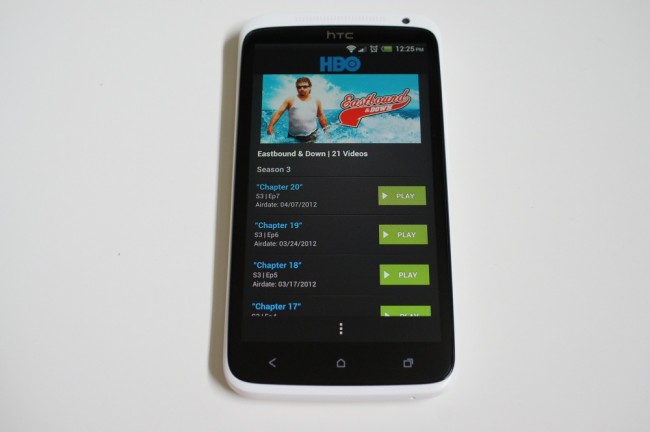When Evo magazine’s founder and Editorial Director Harry Metcalfe says a machine is “the most amazing vehicle you’ve ever seen,” you know you’re in for a treat. After all, Metcalfe has been at the head of the British magazine since its first issue in 1998 and has owned or driven nearly every vehicle you can imagine.
The amazing machine that’s netted such admiration from Metcalfe? The Scamander, a truly all-terrain vehicle designed and built by Peter Wheeler, the man who owned British boutique automaker TVR for 23 years. With its 300-horsepower V6 engine, the Scamander is reportedly capable of hitting 60 miles per hour in about eight seconds and can hit a top speed of 120 mph.
On land, that is…
You see, there’s also a impeller out back, meaning this crazy floating contraption can also take to the water. Sadly, Wheeler died before seeing this project to completion, but his wife and a team of engineers made sure that the Scamander finally saw the light of day in fully finished form. Scroll down belowto see Metcalfe take the Scamander over land and sea.
from Autoblog






